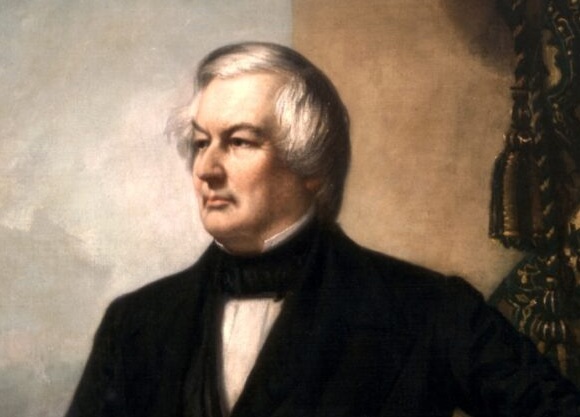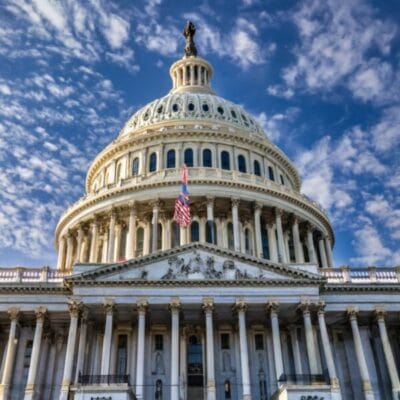===INTRO:===
Iran, a nation with a rich history and geostrategic importance, has emerged as a pivotal player amidst the tumultuous landscape of the Middle East. Its complex web of domestic and regional dynamics presents a multifaceted challenge to global actors seeking to understand its role in shaping the future of the region.
Iran Amidst Regional Upheaval
For decades, Iran has found itself at the center of geopolitical conflicts, both as an instigator and a victim. The Iranian Revolution in 1979 transformed the country into an Islamic republic, leading to a break in diplomatic ties with the United States and a period of heightened tensions. Iran’s subsequent involvement in regional conflicts, such as the Iran-Iraq War and the Syrian Civil War, has further solidified its reputation as a key player in the Middle East power struggle.
With the rise of sectarianism and the emergence of extremist groups, Iran has become a target for terrorist attacks. Domestically, the country faces challenges from ethnic and religious minorities, who often express grievances over perceived discrimination and limited political representation. These factors have contributed to Iran’s complex relationship with its neighbors and the international community.
Unveiling the Complexities of Iran’s Role
Despite the challenges it faces, Iran remains a significant power in the region, with a sophisticated military and a significant role in the global energy market. The country has also emerged as a major supporter of anti-Western and anti-Israeli actors, providing financial and military assistance to groups such as Hezbollah and Hamas. This has led to accusations from Western powers of Iran being a destabilizing force in the region.
However, it is important to recognize that Iran’s role is not purely adversarial. In recent years, the country has taken steps towards engagement with the West, particularly under the presidency of Hassan Rouhani. The Joint Comprehensive Plan of Action (JCPOA), signed in 2015, aimed to limit Iran’s nuclear program in exchange for sanctions relief. While the deal has been weakened by the withdrawal of the United States, it has nonetheless demonstrated Iran’s willingness to compromise for the sake of regional stability.
===OUTRO:===
Iran’s role in the Middle East remains a complex and multifaceted enigma. As the region continues to grapple with conflict, it is crucial to understand the nuances of Iran’s domestic and foreign policies. By engaging with Iran, recognizing its legitimate interests, and seeking common ground, global actors can play a constructive role in promoting peace and stability in the region.



